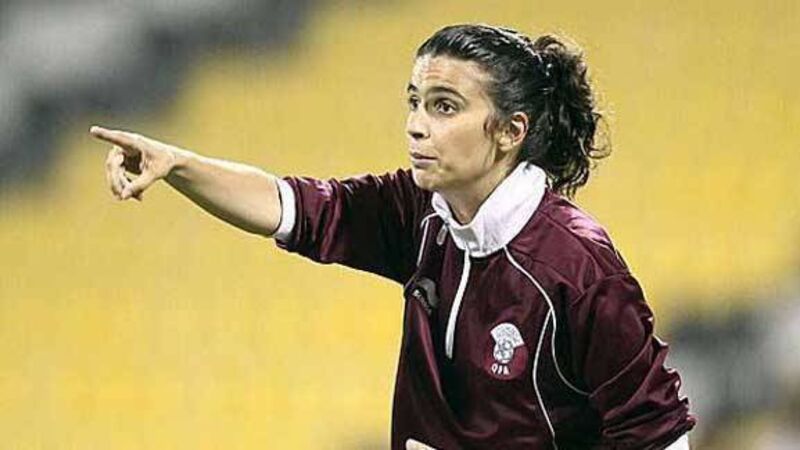Common sense to have women in top tier sports jobs

In the early 1990s, as I was approaching the ripe old age of 10, I started to focus on my long-term career plan. I decided there were two main options, manage Manchester United or be an Olympic champion.
Unfortunately, neither of those plans came to fruition. I gave the Olympics a fair lash, competing in three of them but at some point the notion of managing Manchester United faded away.












